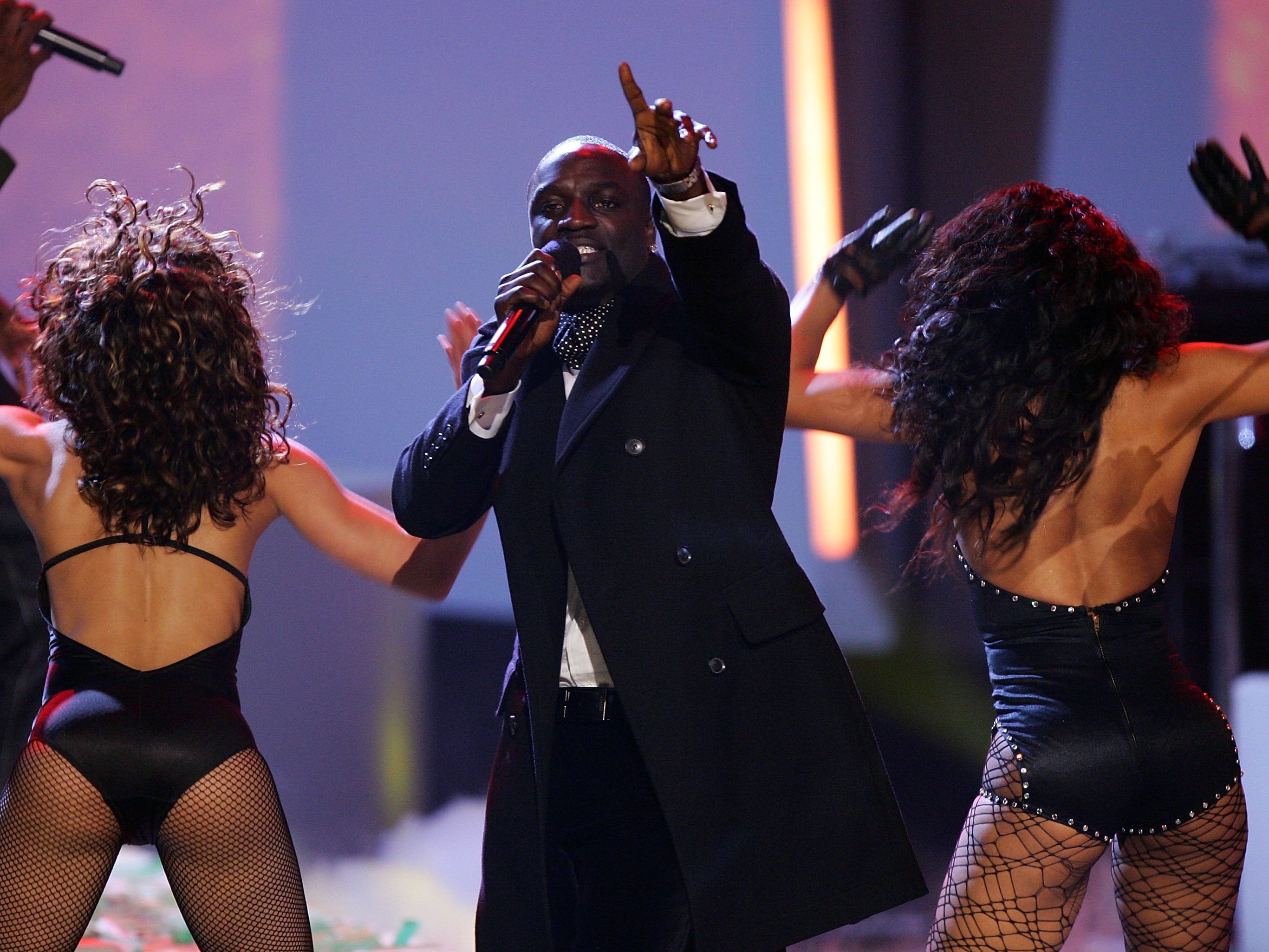Akon claims charities don’t work in Africa: ‘It just holds the people down longer’
The singer says for-profit businesses create a more sustainable way of boosting the economy

Your support helps us to tell the story
From reproductive rights to climate change to Big Tech, The Independent is on the ground when the story is developing. Whether it's investigating the financials of Elon Musk's pro-Trump PAC or producing our latest documentary, 'The A Word', which shines a light on the American women fighting for reproductive rights, we know how important it is to parse out the facts from the messaging.
At such a critical moment in US history, we need reporters on the ground. Your donation allows us to keep sending journalists to speak to both sides of the story.
The Independent is trusted by Americans across the entire political spectrum. And unlike many other quality news outlets, we choose not to lock Americans out of our reporting and analysis with paywalls. We believe quality journalism should be available to everyone, paid for by those who can afford it.
Your support makes all the difference.Akon believes Africa’s economy will be built up by introducing profit-making businesses and employment opportunities for Africans, claiming charities "don't really work".
The “Smack that Singer”, who grew up in Kaolack, southern Senegal, launched the Akon Lighting Africa (ALA) initiative to bring electricity to parts of rural Africa last year.
An estimated 600 million people are still living in rural communities in the country without access to electricity in their homes, while 3.5 million Africans die each year using harmful pollutants or building fires to create light.
Akon co-founded ALA with Thione Nianga, a mentor and consultant also from Senegal and Samba Bathily, an entrepreneur and philanthropist from Mali.
ALA will use solar energy to bring electricity to households and looks to African graduates from Akon’s Solar Academy in Bamako, Mali, to develop technical solutions for generating solar power. The Academy is due to open in November.
The renewable energy initiative will install 100,000 street lamps and provide 200,000 home solar electric systems, which will also include devices that can charge smart phones and tablets.
It will also create jobs, with African trained staff managing and delivering for-profit projects, in turn producing a more long-term solution to bolstering the economy.
“Personally, I don’t think that charities in Africa really work,” he told The Guardian. “I think it just holds the people down longer than it should. I think the only way to build Africa is to build for-profit businesses that create opportunities and jobs for the people locally.
“That’s why with Akon Lighting Africa we decided to take a for-profit approach. Ultimately, it’s providing empowerment to local people so they can start developing their own economies.”
Join our commenting forum
Join thought-provoking conversations, follow other Independent readers and see their replies
Comments